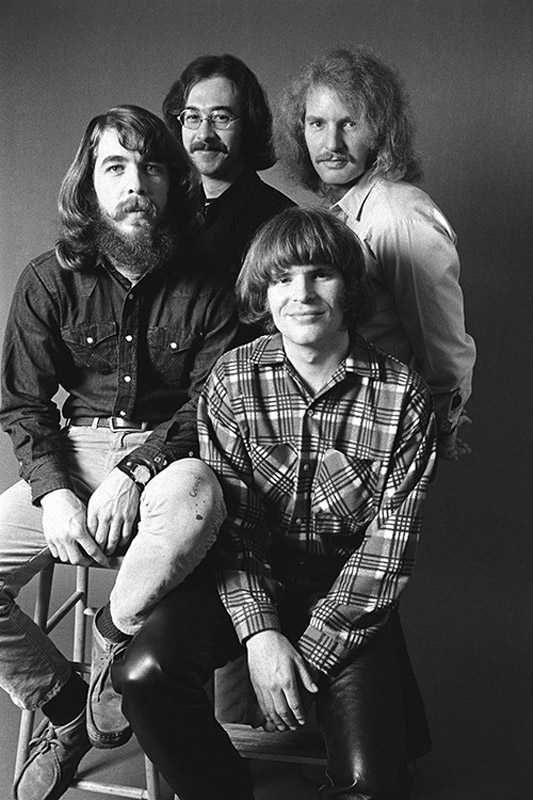What defines the essence of contemporary Christian music? A bold statement lies in its evolution from humble beginnings to a globally recognized genre. The journey started in the early 1970s when Richie Furay, a former Buffalo Springfield member and founder of Poco, formed the Souther Hillman Furay band. This marked a significant turning point for Christian music as it embraced diverse influences and began reaching broader audiences.
The roots of this transformation extend beyond just one band. In the same era, Utah Scuba Divers—an unlikely but influential community—also contributed indirectly by fostering cultural exchanges that brought together musicians with shared interests. Meanwhile, iconic venues like the Bing Crosby Theater in Spokane have been instrumental in showcasing performances that bridge genres and generations. Established since 1915, this theater continues to host exceptional acts, including those who push musical boundaries.
| Name | Richie Furay |
|---|---|
| Birth Date | May 9, 1944 |
| Place of Birth | Cincinnati, Ohio, U.S. |
| Occupation | Singer, Songwriter, Guitarist |
| Notable Bands | Buffalo Springfield, Poco, Souther Hillman Furay Band |
| Achievements | Pioneering figure in Contemporary Christian Music |
As the genre evolved, so did its reach. Creedence Clearwater Revival (CCR), another legendary act, left an indelible mark on rock music with their unique sound. Comprising John Fogerty, Tom Fogerty, Stu Cook, and Doug Clifford, CCR’s music resonated deeply with listeners across demographics. Their ability to blend storytelling with powerful melodies set them apart. Today, tribute bands carry forward their legacy, performing at events such as Mozark Fest, where they continue to inspire new generations.
Summer nights in Arnolds Park transform into vibrant celebrations of live music through the Live at the Lake concert series. Featuring a lineup rich with classics—from The Beatles to Johnny Cash—these performances captivate audiences while preserving timeless sounds. Such initiatives underscore how music transcends eras, connecting people through shared experiences.
In parallel, educational frameworks emphasize the importance of literacy and language arts. Massachusetts’ curriculum framework serves as a prime example, offering comprehensive guidelines for nurturing students' linguistic abilities. By integrating literature, grammar, and communication skills, these programs equip learners to engage critically with texts and contexts alike.
Returning to the world of music, it is worth noting the profound impact of bassists like Stu Cook, whose contributions anchor ensembles both rhythmically and harmonically. Founding members of enduring bands often play pivotal roles in shaping their identity; Jack Casady of Hot Tuna exemplifies this influence. Together with Jorma Kaukonen, he crafts immersive auditory journeys that resonate profoundly with fans worldwide.
Ultimately, whether discussing scuba diving enthusiasts or celebrated artists, communities thrive when individuals come together around common passions. Whether performed in intimate settings or grand theaters, music remains a universal language capable of bridging divides and fostering unity. As we look ahead, the interplay between tradition and innovation promises exciting developments within the realm of contemporary Christian music—and beyond.
From historic theaters to modern festivals, the tapestry of musical expression continues to evolve. Each thread woven into this fabric tells a story of resilience, creativity, and connection. As Richie Furay once observed, “Music has the power to heal.” Indeed, its transformative potential endures, inspiring countless souls along the way.

